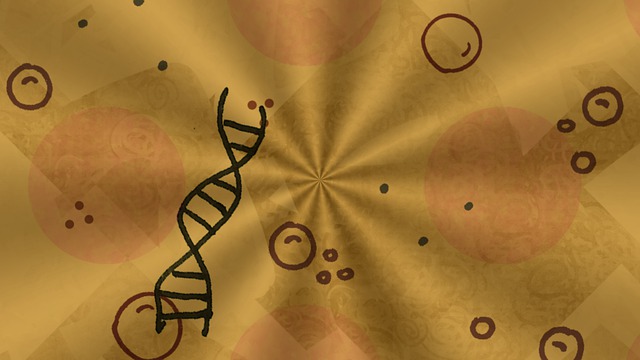

Applications can be submitted until March 30 (image: Chen/Pixabay)
The event will take place in São Carlos (São Paulo state, Brazil) with FAPESP’s support. Twenty participants from Brazil and 20 from other countries will be selected.
The event will take place in São Carlos (São Paulo state, Brazil) with FAPESP’s support. Twenty participants from Brazil and 20 from other countries will be selected.

Applications can be submitted until March 30 (image: Chen/Pixabay)
Agência FAPESP – The São Paulo School of Advanced Science (SPSAS) on Hologenomic Data Analysis for Agriculture will take place between July 29 and August 9 at three institutions in São Carlos (São Paulo state, Brazil): EMBRAPA Southeast Livestock, EMBRAPA Instrumentation (decentralized units of EMBRAPA, the Brazilian Agricultural Research Corporation), and the University of São Paulo’s Institute of Chemistry (IQSC-USP). Applications will be received until March 30.
The School will give students and young researchers an interdisciplinary view of hologenomics – the study of the genome of an organism or ecological niche in conjunction with those of the associated bacteria, viruses and other microorganisms – as well as state-of-the-art knowledge on how to analyze and integrate multi-omic data for the host microbiome in its relations with the associated microbiota. Its aim is to discuss how these tools can contribute to the development of novel agricultural management strategies to improve food production and sustainability.
The School will last 75 hours and will consist of lectures and practical classes on genomics, metagenomics and metabolomic data analysis, as well as technical visits to scientific institutions. The Academic Director is Luciana Correia de Almeida Regitano, a professor at the Federal University of São Carlos (UFSCar) and a researcher at EMBRAPA Livestock Southeast.
Applicants must be enrolled in undergraduate or graduate courses in Brazil or abroad and should be potential or actual candidates for master’s degrees, PhDs or postdoctoral internships at higher education and research institutions in São Paulo state.
Approximately 40 applicants will be selected for the School – 20 from Brazil and 20 from other countries. All participants will have an opportunity to present the results of their research in poster sessions, and to discuss their progress with the scientists in attendance. Additional applications will be accepted from the scientific community in general to attend the first three days of plenary lectures.
Several leading scientists have been invited from abroad, including Leluo Guan, a professor at the University of Alberta (Canada), who will lecture on “Omics-based nutrition to improve cattle production sustainability”; Haithem Afli, a leading expert in machine learning and natural language processing affiliated with Munster Technological University (Ireland), who will lecture on “The language of life”; and Daniela Lourenço, a professor at the University of Georgia (USA) who specializes in single-step genomics, an evaluation method widely used in animal breeding, and will lecture on “Modeling the microbiome in genomic selection”.
FAPESP is supporting the event via the São Paulo Schools of Advanced Science Program (SPSAS). Students who live outside São Paulo state may apply for financial assistance to cover travel, accommodation and meal expenses.
For more information, visit: https://www.embrapa.br/en/cursos/-/evento/479141/.
Republish
The Agency FAPESP licenses news via Creative Commons (CC-BY-NC-ND) so that they can be republished free of charge and in a simple way by other digital or printed vehicles. Agência FAPESP must be credited as the source of the content being republished and the name of the reporter (if any) must be attributed. Using the HMTL button below allows compliance with these rules, detailed in Digital Republishing Policy FAPESP.





